The undergraduate Earth Science program
Earth Science is the study of all aspects of the Earth system. A major in Earth Science is an opportunity to explore and discover how the Earth works, from the evolution of the Earth through geologic time to the modern processes shaping the planet we live on.
Undergraduate majors focus on one of five emphases: Geology, Geophysics, Climate and the Environment, Paleobiology, or Geohydrology. The program is hands-on, integrating classroom learning with laboratory and computational work. Our small class sizes allow students to get to know the faculty and graduate students in the department. For students interested in field studies, we offer a variety of field-based classes and trips. The department hosts world-class research facilities, and field, lab, and office-based undergraduate research opportunities are available.
An Earth Science degree can lead to a wide range of exciting careers in academia, private industry or government, with a balance of office, lab and outdoor work.
For more information on majoring in Earth Science or your progress through the major contact Undergraduate Program Coordinator Shannon Dalton (ugrad@geol.ucsb.edu, Webb 1006, P: 805-893-4831, advising M–F 9 am–12 pm and 1–4 pm) or any of the emphasis advisors below
Earth Science degrees
Pre-Earth Science major
Prior to declaring an emphasis, new majors complete the Earth Science pre-major requirements.
B.S. in Earth Science Emphases
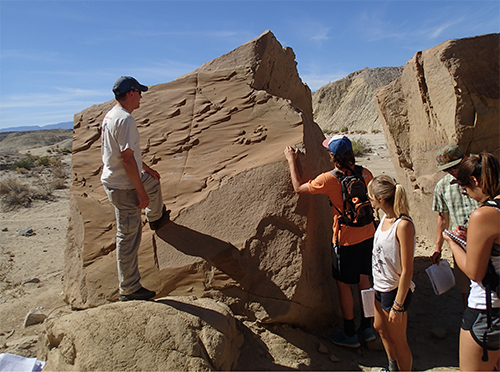 Geology Emphasis
Geology Emphasis
The geology emphasis studies the past and on-going processes that have formed and modified the Earth's mantle, crust, and surface. This emphasis explores volcanism, faulting and seismicity, the growth and erosion of mountains, the development of sedimentary basins, the formation of igneous, sedimentary and metamorphic rocks, the origin and evolution of the continents, and the theory of plate tectonics. It emphasizes how the rock record is used to understand Earth processes and reconstruct Earth history. Courses provide a comprehensive introduction to the full range of skills used by Earth scientists today, including field, laboratory, and geospatial (GIS) techniques. The geology emphasis is recognized for its extensive field component.
For more information, contact Matt Rioux, or Alex Simms.
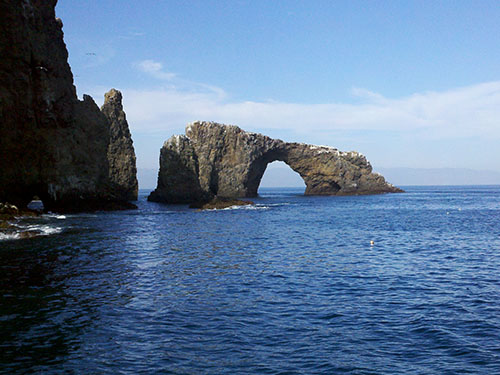 Climate and Environment Emphasis
Climate and Environment Emphasis
This emphasis focuses on the study of Earth’s climate system in the broad context of the environment, including the analysis of past, present and future changes, often drawing on the record of past and present processes preserved in continental and oceanic deposits. We address questions such as: How has climate changed in the past, and how do those changes compare to human-caused global climate change? How do climate and surface environments interact with each other, and how have processes such as plate tectonics, carbon cycle and ocean-atmosphere evolution influenced the environment? What tools are available to read the record of past and present climate and environments? We train students in a range of skills, including geochemistry and geophysics, computer programming and modeling, spatial thinking, and appreciation for the societal dimensions of climate and environmental crises.
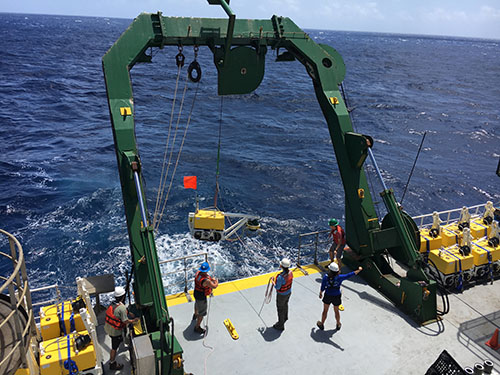 Geophysics Emphasis
Geophysics Emphasis
The geophysics emphasis involves study of Earth’s physical properties, including its magnetic and gravitational fields, planetary movements and earthquakes. This emphasis includes monitoring of volcanoes, 3-D imaging of the Earth’s interior, modelling of how Earthquakes occur in real time, and even exploration of how Earth’s fluid (atmosphere, oceans) and solid parts interact. We use principles of wave propagation, gravity, mechanics, and solid dynamics to understand diverse phenomena: How do earthquakes shake the surface? Where and why do tectonic plates bend and break? Are remote volcanoes erupting as you read this (and how could we tell…)? We train students in a range of skills used in the quantitative sciences and across industry, including signal processing, computer programming, spatial thinking, and quantitative reasoning.
For more information, contact Zach Eilon or Chen Ji
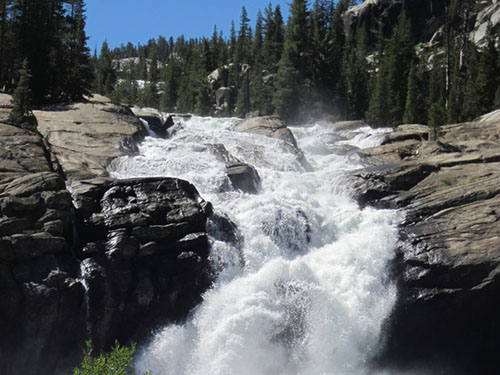 Geohydrology Emphasis
Geohydrology Emphasis
The geohydrology emphasis studies the movement of water and solutes through the landscape. This emphasis explores physical, chemical, and ecological hydrology, and engineering geology. It emphasizes case studies and water resources in the State of California. Courses provide a comprehensive introduction to the full range of skills used by hydrologists today, including field, laboratory and geospatial (GIS) techniques. This emphasis provides students with skills relevant to many current environmental issues involving water, such as water quality, water pollution, and water availability, access and storage.
For more information, contact Jordan Clark
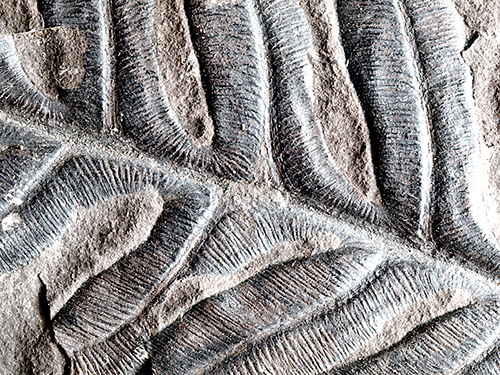 Paleobiology Emphasis
Paleobiology Emphasis
Paleobiologists study Earth’s past life, using fossils to understand the biology and ecology of organisms long extinct, to reconstruct ancient ecosystems, and to study the patterns and processes of evolution in deep time. They also use fossils to unravel the evolution of the atmosphere, oceans and crust of our planet—including the configuration of ancient supercontinents, variation in past climates, and the effects humans have had on the environment. A sound knowledge of living organisms is key to paleobiology, making it the emphasis for students who love both biology and geology. Paleobiology provides students a >4-billion-year perspective on the history of life and our small role within it.
For more information, contact Susannah Porter or Andy Wyss
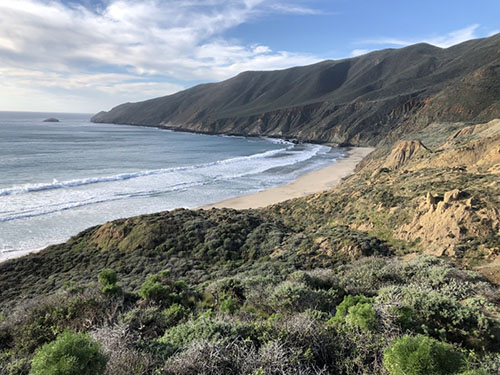 B.A. in Earth Science
B.A. in Earth Science
The B.A. in Earth Science is similar to the B.S. degrees, but allows more flexibility in upper-division Earth Science courses and requires slightly fewer credits. Students are generally encouraged to choose one of the B.S. emphases within the Earth Science major; however, the B.A. is an option for students who want more flexibility within the major or to design a degree that crosses over multiple emphases.
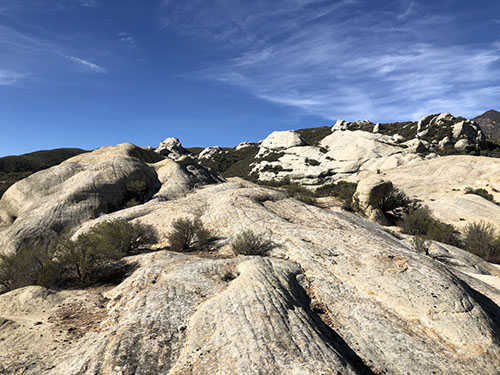 Minor in Earth Science
Minor in Earth Science
The Minor in Earth Science provides an opportunity to gain a strong background in Earth Science, while majoring in another field. Students in the minor take three introductory level Earth Science classes, a weekend-long introductory field course and 18 units of upper-division Earth Science courses.
FAQs about the Major
Senior Thesis Handbook
Our department has a formal senior thesis program. This year-long endeavor (normally spanning the three academic quarters of your Senior year) involves conducting research under the mentorship of a faculty member. Senior thesis students generate hypotheses, collect new data, perform analyses, interpret their findings, and write a senior thesis manuscript which they submit to the department. They meet regularly as a cohort of distinguished scholars to hone research and science communication skills. At the end of the year, the scholars present their findings to the entire department in a celebratory poster session. Finally, these students graduate with “Distinction in the Major” from our program.
